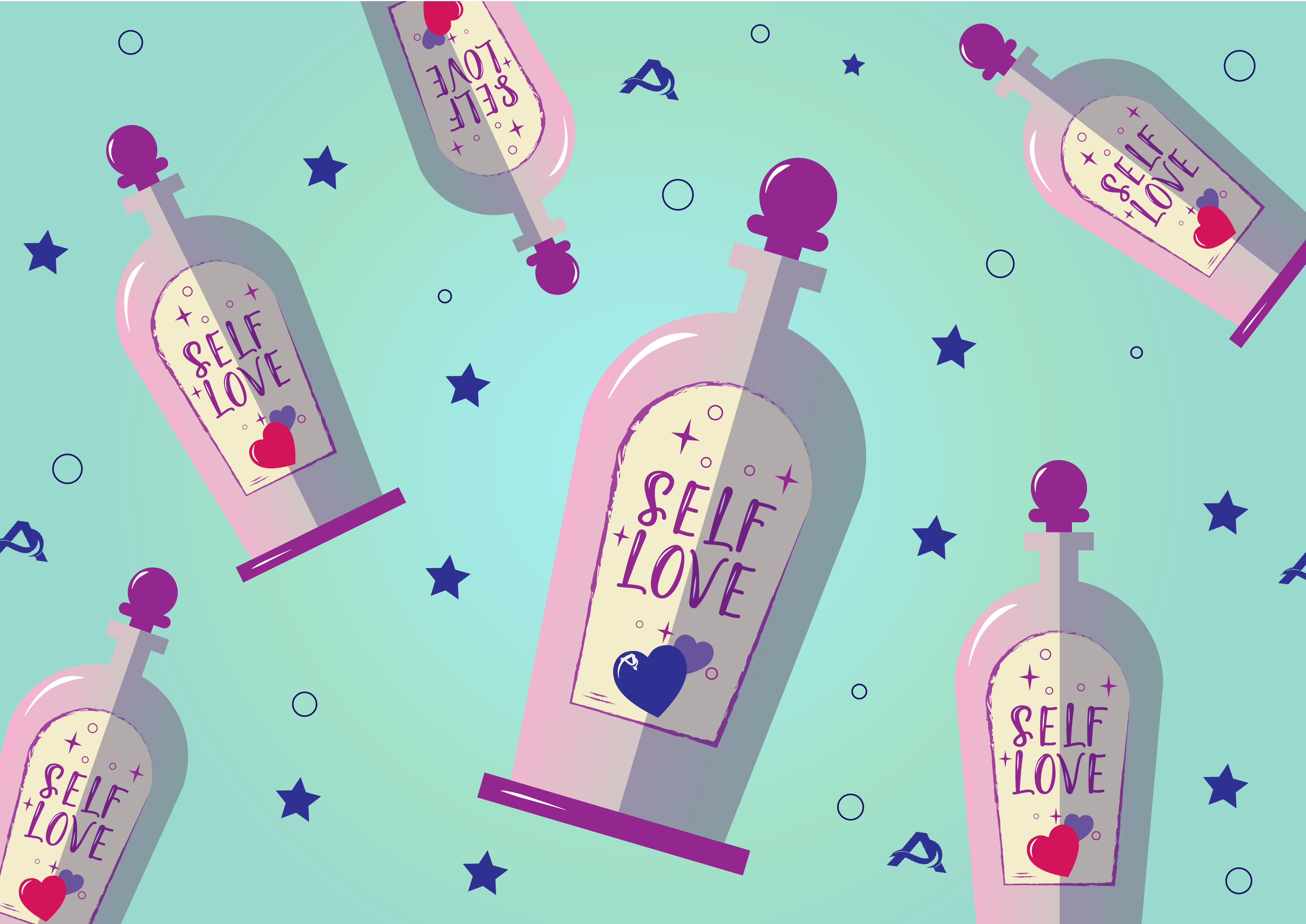Asteria Lending Inc. Unit 306 3/F 6762 National Life Insurance Bldg. San Lorenzo, Ayala Ave. Makati City
We’re Open: Mondays – Fridays
Office Hours:
9:00 am – 7:00 pm
Email:
[email protected]

This is the choice of not doing something now for something bigger later. What you are doing is simply choosing self-discipline over the ease that distractions bring along with them.
 Here is an example. You have homework tonight, but you want to take a nap because you are tired, you had a very long day. Instant gratification says, “Having a rest right now will just be wonderful, you should go for it. While Delay of gratification says, “Delay that nap so you can do your homework now to obtain something later on” (in this case, a degree).
Here is an example. You have homework tonight, but you want to take a nap because you are tired, you had a very long day. Instant gratification says, “Having a rest right now will just be wonderful, you should go for it. While Delay of gratification says, “Delay that nap so you can do your homework now to obtain something later on” (in this case, a degree).
A two-decade experimental study was conducted to determine the correlation between self-control among toddlers and the toddlers’ success later in life. The experiment was simple but straightforward. A group of preschool children were brought in a playroom where a bowl of sweets can be found on top of a table. The children were asked not to take any candy until the teacher or facilitator returns after a few minutes. The children were being monitored via the one-way mirror and their behaviours recorded on video.
The pioneering work is now better known as the Stanford Marshmallow Experiment. The experiment was started in the 1960s and 1970s at Stanford University.
Similar experiments were conducted on other groups of children from different places and backgrounds. As expected, some children followed the instructions and were able to have some self-control. Some were easily tempted to take sweets from the bowl and even tried to lie about it. After two decades, the participants in the psychological experiments were tracked down and evaluated.
Those who showed self-control as toddlers were generally more successful than their counterparts. Majority of them performed well in school, were better socially adapted, and were able to have good jobs. Most of them became responsible parents. Meanwhile, those who have demonstrated a weaker level of self-control were less successful. The experiment gave insights into the correlation between delayed self-gratification and success.
Today, we live in a world where we want things now. We rush, we have little patience, no time and we can be very impulsive. These behaviours are becoming a habit and are rolling into areas of our life which can predict success or failure.
We want a promotion at work, now, we want a degree, now, we want the best marriage, now, we want to be CEO today, we want our bank account filled up this second, we want the latest cell phone, car, and piece of technology, now. We even want answers, now.
Unfortunately, people who have a low capacity for self-control are proportionately greater than those who have good self-control. This is reflected in demographic and economic data. Although there are other factors that determine success, self-control or the capacity to delay the urge for self-gratification is a crucial factor.
Once you can get in the habit of asking yourself if what you’re considering purchasing is a need or a want, you’ll begin to keep more of your hard-earned money in your pocket.
As time has passed, there has been a greater need for everything to happen faster. The pace of the world has rapidly increased, and a lot of people no longer want to wait for things. In some cases, if someone wants something, they will want it now, and if they can’t have it now, then they might end up choosing something they can have straight away.
This might match up with what they want, or it could just satiate their needs for a short period. But while some things can be attained without too much time has passed, there are some things that one is going to have to wait for.